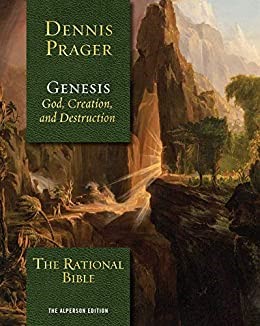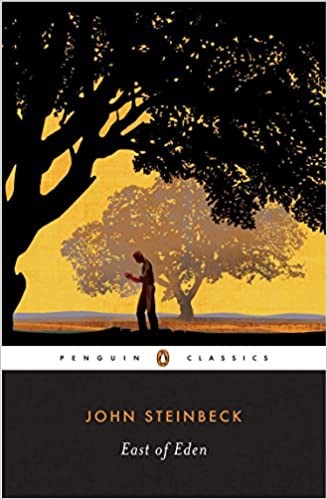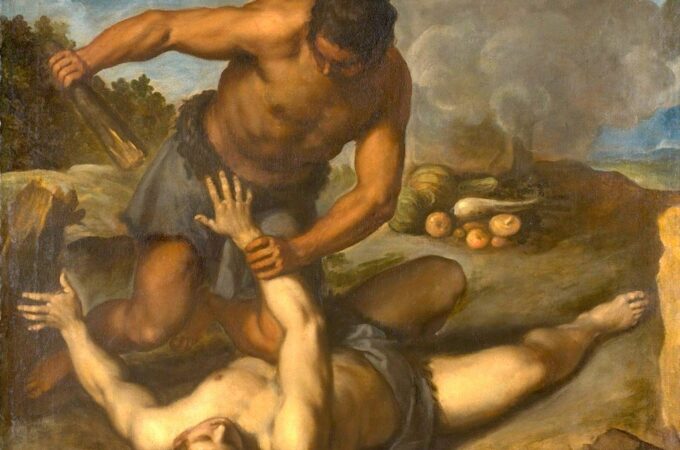In April, in the midst of the CCP Coronavirus, I discovered a Hebrew word that has changed the world and could change your life.
The word is found in Genesis 4:1-16, the story of Cain and Abel. As you remember, Abel kept sheep and Cain tilled the ground. At the harvest Abel brought sheep from his flock and Cain brought the first fruits from the ground. The Lord accepted Abel’s offering and rejected Cain’s. We’re not told why.
Cain became very angry and God spoke to him. This is the heart of the story, in fact, the heart of every person’s story. What happens when life disappoints you, when a dream dies? What happens when you don’t hear God say “Well done!” How do you respond?
The Lord said to Cain, “Why are you angry, and why has your face fallen? If you do well, will you not be accepted? And if you do not do well, sin is crouching at the door. Its desire is contrary to you, but you must rule over it,” Genesis 4:7.
In verse 7, God says Cain has two choices. The first relates to how Cain will deal with this circumstance: “If you do well will you not be accepted?” In disappointing circumstances, you can respond in anger and hostility, or with humility. If you choose the latter, you will be accepted. If not, you will face a second, less pleasant choice, that is, dealing with the sin crouching at the door. Its desire is contrary to you, but you must rule over it.
Sin is always lurking
We’re often in Cain’s shoes. If we do not do well, if we ignore God’s instructions, three things follow. First, sin is crouching at the door, waiting to spring. Second, it is out to get you, out to destroy your life. Its desire is for you, that is to overpower you! Third, here’s the way out. You can, to use the Hebrew word, timshol it, or master it. While Satan lurks to destroy your life, you are not passive. You are made in the image of God, you have a will.
Sin is crouching at the door. It is not seeking your best, but your worst. You must rule over it. You have failed the first test, to come humbly before God. Now you are vulnerable to sin, but it is still not too late. Turn away, repent, go back!
Cain fails at both choices and sin has its way; Cain kills Abel (4:8). When God confronts Cain, he denies any responsibility for his brother (4:9). He refuses to repent and take responsibility for his actions. If he had, God would likely have forgiven him and allowed him to start life over.
The tragic story ends with Cain being banished from the presence of God: “Then Cain went away from the presence of the Lord and settled in the land of Nod, east of Eden,” Genesis 4:16.
You can be its master
 Hebrew scholar, cultural critic, writer, lecturer, and founder of Prager University Dennis Prager has written a profound commentary on the book of Genesis, The Rational Bible: Genesis, published by Regnery. His comment on Genesis 4:7 unpacks the treasure of this Hebrew word.
Hebrew scholar, cultural critic, writer, lecturer, and founder of Prager University Dennis Prager has written a profound commentary on the book of Genesis, The Rational Bible: Genesis, published by Regnery. His comment on Genesis 4:7 unpacks the treasure of this Hebrew word.
The statement “yet you can be its master” is one of the Torah’s most important statements. It means we have moral free will. That we can rule over our desire to do wrong is the most empowering idea in life. [1] The only way we can end bad behavior—actions that are either destructive to others or to ourselves—is to first recognize that we “can be its master.” If we regard ourselves as incapable of controlling ourselves (e.g., “When I get angry, I just can’t control my temper”), we never will. One might say self-control is the most important achievement we can attain. That many parents work harder to instill self-esteem than self-control in their children is a moral tragedy. And, ironically, no self-esteem can equal the self-esteem that derives from self-control.
The power of the words “you can rule over it” is the subject of one of the most remarkable and unexpected passages in modern literature. It takes place in the middle of John Steinbeck’s East of Eden, the novel which the Nobel-prize winning Steinbeck regarded as his greatest literary achievement.
Set in California in the early twentieth century, East of Eden tells the story of two families whose generations unwittingly reenact the story of Adam and Eve’s fall and the rivalry of Cain and Abel. A central character in the novel is Lee, a Chinese-American man who learned the biblical story of Cain and Abel from a Christian friend and became obsessed with it. What exactly, he wanted to know, did God say to Cain about his ability to overcome his evil desires?
Human beings have a choice
Lee’s Chinese elders study Hebrew for two years and conclude “that the word God said to Cain, timshol, means ‘may rule’: ‘Thou mayest rule over sin.’”
In other words, the Bible is teaching that human beings have a choice; and this choice is, in Steinbeck’s words (put in Lee’s mouth), “What makes a man [what distinguishes man from animals]: A cat has no choice, a bee must make honey . . . these sixteen verses are a history of humankind in any age or culture or race.”
This one word and its meaning were so significant to Steinbeck that the final word spoken in this six-hundred-page novel is the Hebrew word timshol.
Timshol
Again, the passage has three considered interpretations:
- God promises Cain that he will conquer sin (“thou shalt rule over him”)? – A guarantee
- God orders Cain to conquer sin (“Do thou rule over him”)? – A command
- God blesses Cain with free will, leaving the choice to him (“Thou mayest rule over him”)? – A choice
Prior to God’s speaking to Abraham, the world was largely animistic and fatalistic. Time was bound by endless cycles and reincarnations. Most languages had no concept of future.
But God spoke from beyond time and space to a man named Abram. He made human beings free to choose between good and evil and to make decisions that would shape history.
Timshol, this wonderful Hebrew word, can change your life. Human freedom, granted by the Creator, crippled at the fall, and renewed at Calvary, means you no longer need to be enslaved by your passions or your past. Thou mayest rule! You are not molded by history, you make history. You are not destined to be poor, to be a victim of racism or sexism.
A person is free to choose, either well or poorly. A male can choose poorly to have recreational sex. If the woman gets pregnant, he faces another choice: to take responsibility for, or abandon, his child.
A woman can choose to get drunk or high and have unprotected sex. If she gets pregnant, she can choose to recognize her baby’s right to life. We may fail in the first choice, but we need not fail in the second. We can get up, we can start over again.
– Darrow Miller
… to be continued
[1] There is an important distinction between human freedom of choice and mastery over sin. In his commentary on Genesis 3:23, Prager recognizes the difference between Jewish and Christian theology regarding original sin: “A difference between Christian and Jewish teachings on this issue is that Christian theology teaches that because of Adam and Eve’s sin, all people are born in a state of sin while the Jewish belief is people are born innocent (though prone to do bad).” We would agree that we are “prone to do bad,” but the reason for this propensity is that we are born, not innocent, but with a sin nature. While it is true that humans make real choices, and even unregenerate humans make good choices, it is also true that human freedom is always limited by the old nature, inherited from Adam, and is only truly set free in Christ.







3 Comments
Ana
May 7, 2020 - 1:25 pmWhat beautiful and profound revelation that comes with this article. I will never be able to read the story of Cain and Abel in the way. Timshol – Thou mayest rule! What precious freedom we have.
Thank you Darrow, can’t wait for part 2
Tom Steffen
May 9, 2020 - 5:59 amAnd now I need to add East of Eden to my reading pile.
admin
May 11, 2020 - 6:44 amGood to hear from you Tom. Your family must be quite grown by now. How often I long for the time we worked together. It was a special time in my time. East of Eden is now on my reading list.
darrow